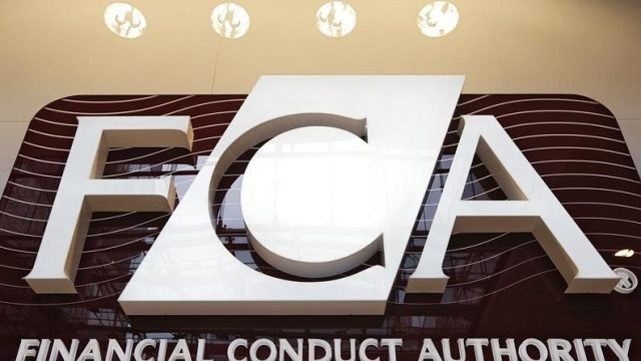Since the UK introduced pension freedoms in 2015, 19 domestic financial advice firms have stopped all pension transfer activities either by surrendering their permission to give advice or by having it removed by the regulator, according to data from the Financial Conduct Authority (FCA).
A total of 4,659 transfers were carried out by the companies before stopping their activities in this particular field, the FCA told International Adviser.
The data comes after a report published by the regulator in December 2018 claiming that over half of pension transfer advice was recorded as “not suitable”.
Not surprising and misleading data
However, experts say both the data and the report are “not surprising” and misleading.
“What tends to happen is that each time a firm stops that gets reported, and what the FCA is saying is that’s 19 in all. It’s been happening gradually over a period of years” said Steve Webb, director of policy at Royal London, talking to International Adviser.
“What’s interesting is that some of them already existed and then came back again, so it needn’t be a permanent thing. Some firms have said ‘it’s clear our processes aren’t tight enough we’re going stop giving advice until we’ve got that sorted out and then re-enter’, and some of them have done that.”
Webb also refuted the FCA’s findings that over 50% of advice was deemed not suitable. “It’s totally untrue that half of pension transfer advice is unsuitable. It’s half of the sub-sample of the sub-sample that they looked at.
“They took a set of firms and then they took a sub-set of firms that they were more worried about and then looked at their advice and said that it wasn’t demonstrably suitable. Now, across the entire market, the proportion that is suitable will be way above 50%. And I think the FCA are not doing the market a service by using this number because it isn’t true for the market as a whole.”
This is why Webb is calling for the FCA to release market-wide research, as they did in the past.
“We know that there is some poor advice out there; but we don’t really know for sure if it is just a very small number minority of advisers and advice that is not good enough, or if it is a substantial minority and that’s the crucial question. The FCA have done market-wide research but they haven’t published that yet, and that’s what we need to see really.”
He believes that firms voluntarily pulling back from giving advice is a good thing for the industry.
“Often firms voluntarily – as in they haven’t been closed down by the FCA, but after a conversation with the FCA – have decided to stop doing transfer advice. But that’s got to be a good thing, because they want to review their processes and do it properly.”
Client education
A spokesperson for the Pensions and Lifetime Savings Association (PLSA), on the other hand, said that “it is important any regulatory intervention ensures consumers genuinely understand their options.
“The PLSA therefore believes any regulatory activity on defined benefit (DB) to defined contribution (DC) transfers must seek to ensure that: savers understand the safeguarded benefits being given up; they will have a sustainable income in retirement; the quality of advice is appropriate; and that savers are prevented from falling victim to pension scams.”
However, Webb also claims that “a member of the public turning up to an adviser should be expecting good advice. Rather than expect the client to be the expert, the regulator should make sure the adviser is the expert and do it properly.”
International Adviser reached out to the FCA for comment, but they did not reply in time for publication.








